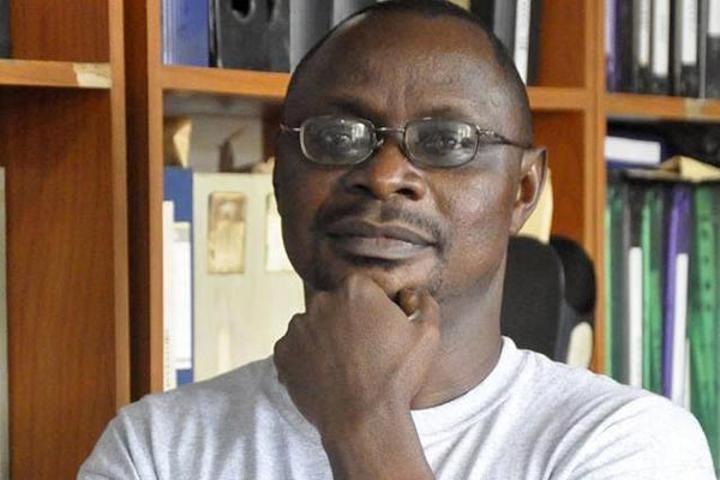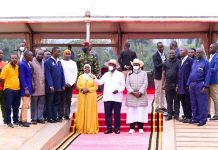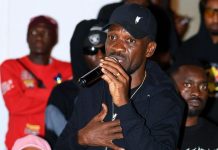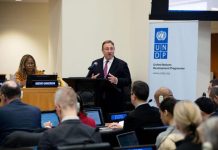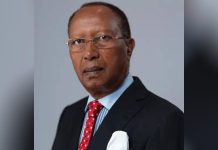Africa-Press – Uganda. I have been staying in Kasese since December last year; only making occasional visits to Kampala. So, even with the media feeds, I still miss the feel of Kampala and her politics, security and social gossip.
But in spite of my absence from Kampala, I still recognise that the biggest story of this kisanja (2021-2026) will be on how the National Unity Platform Members of Parliament will conduct themselves in and out of the House; and the consequence therefrom. My guess is that there will be those NUP MPs who would like to take activism to the House. And we are likely to see a scenario where some NUP Members of Parliament will want to emulate South Africa’s Economic Freedom Fighters and their red overalls.
And there will be those who say such a conduct is undignifying of a Members of Parliament (and only carries no real political value).
After the presidential and parliamentary elections, I had a lengthy phone chat with a senior NUP member. A very dignified fellow, he reasoned: “Since the party is poised to lead the shadow government, we intend to act in a manner that reflects our strength and dignity.”
“But then NUP may face the challenge FDC encountered in balancing political activism and political leadership,” I challenged. “Asuman, go tell your superiors (my senior NUP friend is one of those who always accuse me of being a spy) that we are serious people and we will not expose ourselves to the regime brutality in circumstances where we don’t have an upper hand.”
The second big story in the next five years will be how NUP relates with FDC. In Parliament, it will be a difficult relationship between FDC and NUP. It is likely that FDC Members of Parliament will remind Mr Medard Ssegona of his suggestions (in the outgoing Parliament) that Parliament’s Opposition leadership should be subjected to elections.
In KCCA, there will be a need for co-operation. We are likely to have a Deputy Lord Mayor from NUP (Doreen Nyanjura could just go back to her Finance portfolio). FDC members may have been advised not to be hostile to NUP, but there will be unease.
In the lead up to the elections, Dr Kizza Besigye is quoted as having said common parlance words (slogans?) like “twebereremu,’” “bona bebamu,” “naffe tufune owaffe” carried tribal undertones. He protested: Mwe baani? The payload of those words was clearly directed at him as an individual; and some others were more explicit: Besigye alekere munne. Dr Besigye’s protest was (wrongly or rightly) contextualised as a challenge thrown to Baganda as a community. The people, whose vertical interests those idioms carried, hid behind the façade of Buganda nationalism to take Besigye on.
The idea behind twebereremu was made clearer when one added: “Bona bebamu.”There is an increasing manifestation of vertical self-consciousness in expressing community political attitudes and anger. Could this be a subconscious expression of political frustration? Is it some kind of resistance to Mr Museveni’s political attitude? Question is, how will these attitudes manifest in the next five years?
What we want from our leaders is the projection of men and women capable of linking the needs, opportunities and challenges of their communities with those of fellow Ugandans in other parts of country.
We are not opposed to group interests. But those interests must feed into the aggregated national interests (by linking them to the interests of other Ugandans in other parts of the country). A leader, be he or her at community or national leadership level, carries the burden of linking local needs, opportunities and challenges to the national tally or rally.
Mr Bisiika is the executive editor of the East African Flagpost. [email protected]

